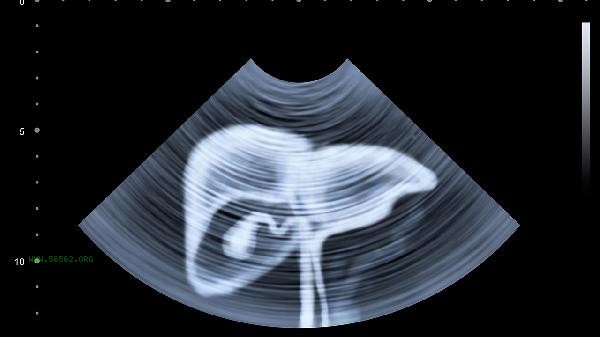Loose belly meat can be tightened through dietary adjustments, targeted exercise, lifestyle improvement, medical assistance, and psychological regulation.

1. Dietary adjustments
Reduce the intake of refined sugars and high-fat foods, increase the intake of high-quality proteins such as chicken breast and fish and shrimp, which helps maintain muscle mass and reduce fat accumulation. Ensure sufficient dietary fiber daily, such as oats, broccoli, etc., to promote gastrointestinal motility. While controlling total calorie intake, avoid extreme dieting that can worsen skin laxity.
2. Targeted exercise
combined with aerobic exercise and strength training has the best effect. Engage in aerobic exercises such as jogging and swimming every week to help burn fat, and strengthen the rectus abdominis and transverse abdominis muscles through core training such as plank support and abdominal curling. It is recommended to gradually increase the difficulty from low intensity to avoid lumbar spine injury caused by incorrect movements.
3. Improvement of lifestyle habits
Maintain at least 7 hours of high-quality sleep per day. Lack of sleep can increase cortisol levels and promote abdominal fat accumulation. Avoid sitting for long periods of time, get up and move for 5 minutes every hour, and maintain a habit of abdominal compression in daily life to activate deep muscles. Smoking cessation and alcohol restriction can reduce the risk of visceral fat deposition.

4. For stubborn abdominal laxity, non-invasive medical beauty procedures such as radiofrequency tightening and cryolipolysis can be considered. Patients with severe skin laxity need to be evaluated for suitability for abdominal wall reconstruction surgery. All medical interventions must be conducted under the guidance of professional physicians and in conjunction with postoperative rehabilitation training.
5. Psychological regulation
Setting reasonable weight loss goals, with a weekly weight loss of no more than 1% of body weight, can reduce the probability of skin sagging. Relieve stress eating through meditation and cultivate self-discipline by keeping a diet and exercise diary. Postpartum women need to give their bodies sufficient recovery time to avoid extreme weight loss due to anxiety. Tightening the abdomen requires multidimensional long-term persistence, and excessive weight loss in the short term may lead to a decrease in skin elasticity. It is recommended to measure waist circumference changes weekly instead of daily weighing, and massage the abdomen with an appropriate amount of olive oil to improve blood circulation. People over 40 years old should pay attention to the impact of hormone level changes on waist and abdominal fat, and undergo endocrine examinations if necessary. Maintaining regular exercise habits is more beneficial for maintaining abdominal tightness than short-term high-intensity training.








Comments (0)
Leave a Comment
No comments yet
Be the first to share your thoughts!